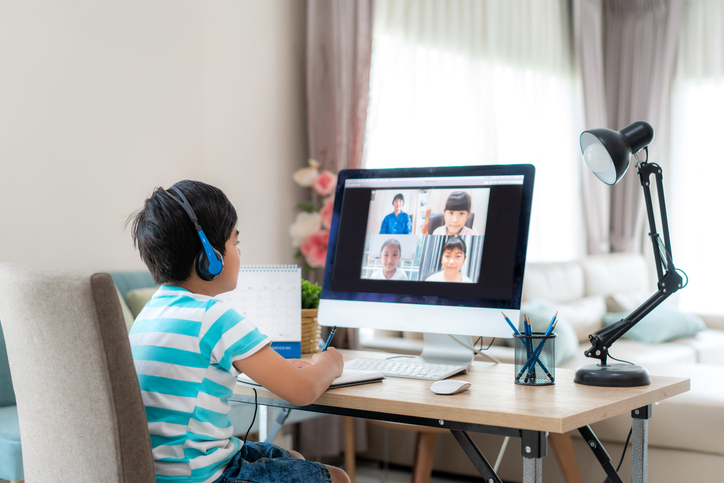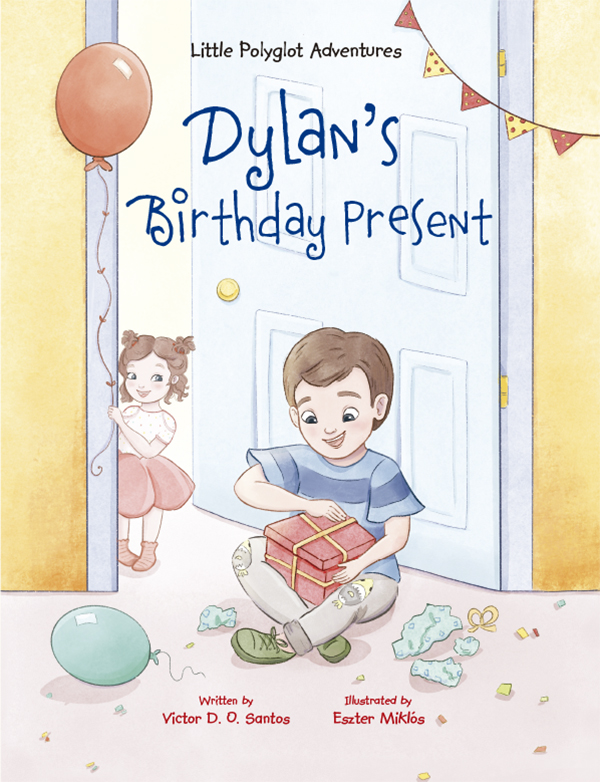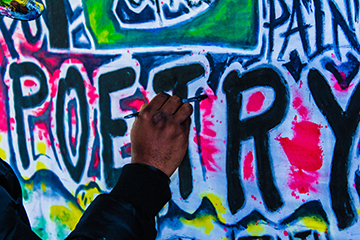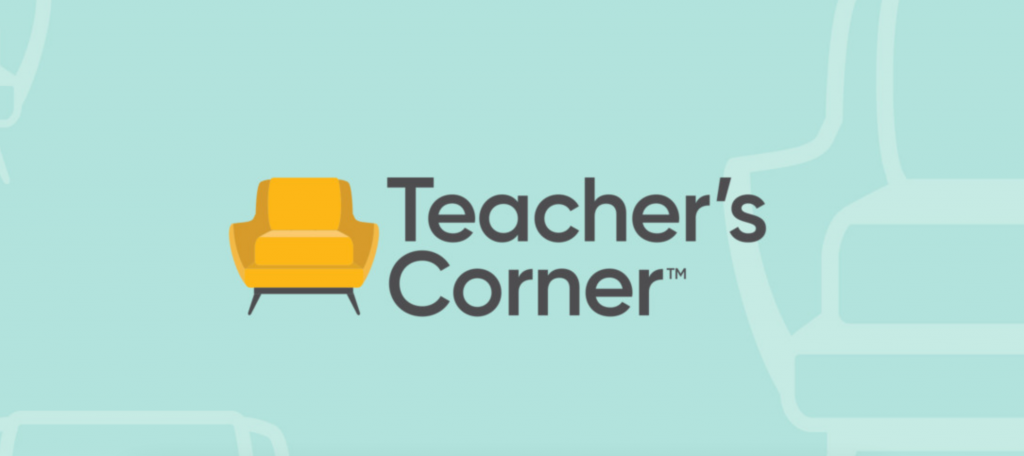To the people who gave me life,
I have failed and hurt you. I have turned my back on my people when you needed me the most. And, in truth, I’ve tried to erase the memory of these failures more times than I can count. But hear me: you are all my people, the strength of who I am, the reason I exist. As I look across so many cities and nations around the globe standing together, I ask you to hold on tight to hope. And in the name of hope, I share this apology.
To my Indigenous people, I apologize. I saw your knowledge, honesty, and generosity. I was so anxious to begin my life, that I ordered the genocide of 100 million of the people who first gave me life (D. Stannard, Oxford Press, 1992) with losses so unspeakable ‘til there was nothing more to lose.
To my Black people, I apologize. I saw your strength, resilience, and brilliance in doctors, teachers, astronomers, scientists, parents, and children, and took you, making you my slaves. You tried to resist then and since then so many times, but I was willing to erase your greatness from history, and so created hidden rules and systems to ensure I didn’t lose.
To my Latino people, I apologize. I saw your home countries’ natural resources, family values, and work ethic. I lured you to me with tactics kept in the shadows and promises of wealth, and you came. You came with expertise and languages, but like many times before, I used education to strip you of your language, designed campaigns to label you illegal, and caged your children alone and afraid to fend for themselves.
To my Asian people, I apologize. I saw your gifts, skills, detailed approaches and tools. I brought and encouraged you to come to me, and you did. You laid my infrastructure, helped me advance, and fought wars for me. But, just as before, when you wanted better, we derailed the image of the good immigrant and turned all my other people’s suspicious eyes against you.
To my Muslim, Arabic, and Middle Eastern people, I apologize. I saw your talent, experiences, and resources, especially oil. I schemed with other nations and waited for you to come to me. It was not the want for better, but the simple want to ‘be’ – to choose how you dress, your religion, your way of life and so I found ways to make you my enemy ensuring that I wouldn’t lose.
To women, my LGBTQ community, the poor, and all of my people, I apologize. I needed more gold, more privileges, just more. You gave me the strength that’s kept me standing, even though the more you gave, the fewer and fewer hands were allowed to share in the fruits of that better life. Not only did I sacrifice the ideals and core values of who I am, but I did so knowing that it meant the worsening of conditions for most of my people.
This apology is not for today, for one moment, or any one of my people. For at the root of what I’ve done is to create and design a nation of contradictions. It is a contradiction defined by injustice, by inequities, and a web of systems that permeate every aspect of life that is meant to maintain those inequities in the hands of a few who work from the shadows as so not to lose. A contradiction of a Lady Liberty who welcomes people when I need you only to resign you to what is often subhuman conditions.
It is your voice that has made me look across the nation at all of my people, standing against an issue that is rooted in the inequities created by my own hand. And now that I see you, do not lose hope. Do not settle for surface attempts to serve justice for one incident, to create more jobs or change just practices used in policing, or to focus on unactionable rhetoric like the, “tools that we need to use to get control … and that the rule of law doesn’t collapse are those very institutional tools that have led to that grief and pain,” Gov. Tim Walz. These reflect false solutions to the root of our current challenge. This struggle has been influenced by a history of helplessness, sadness, and disappointment in founding ideals and has influence over every aspect of life. Ideals that have failed to protect its people in our healthcare, banking, judicial system, policing practices, education, and on and on. To reclaim our founding ideals and shared humanity, we must slow the fury of intolerance, come together as one, and make systemic changes that include policies, practices, and accountability so that so few aren’t entitled to so much more at the expense of all its people.
I know that some have suffered more losses than others and it can feel like we have nothing more to lose. But do not despair or lose hope in the true meaning of “We the People”. Let us come together in solidarity, understanding, and commitment to resolve our current unrest by addressing the root of our struggle. Each of you will have a different way of taking action that are all equally important. Some will protest to bring awareness, others will take a knee or turn in their badge potentially sacrificing their life’s work, and still others will ensure policy changes that hold us all accountable to lasting and actionable change. Wherever your ‘front line’ is, we will all have a responsibility to this work. And our collective path forward will need to honor your power in each of these spaces and the unique and diverse reasons that brought you here.
It should no longer be enough to simply survive for so many of my people who deserve a better day. But better requires humanity, acknowledging inequity, and a focus on changes that ensure systemic justice. It requires that we all remember who we are, where we came from, and that we all came from greatness. It requires that the voices of our allies elevate the voices of those who experience subhuman conditions for far too long in order to identify the extent of disparity in resources, tools, policies, and funds necessary for progress. Yet more than words, it requires follow through and policies that ensure shared accountability to our democracy that must finally be unapologetically separated from the greed and influence of those that put their financial interests ahead of ‘the people’. Most importantly, it requires that we all share of our privilege to ensure the words I make you say hold true for all, “and to the republic, for which it stands, one nation, under God, indivisible, with liberty, and justice for all”.
In hope for a better tomorrow, America
Alexandra Guilamo (CEAO, Chief Equity & Achievement Officer, TaJu Educational Solutions) is an expert in the implementation, education, and effective leadership of dual-language, bilingual, and language-learner education. She has previously served as a teacher, academic coach, elementary school principal, and district-level educator.












